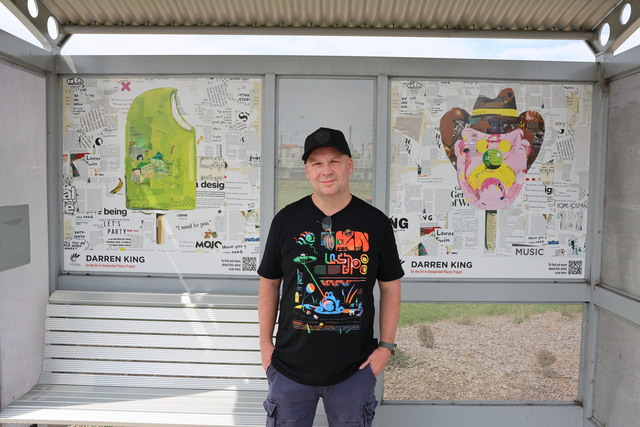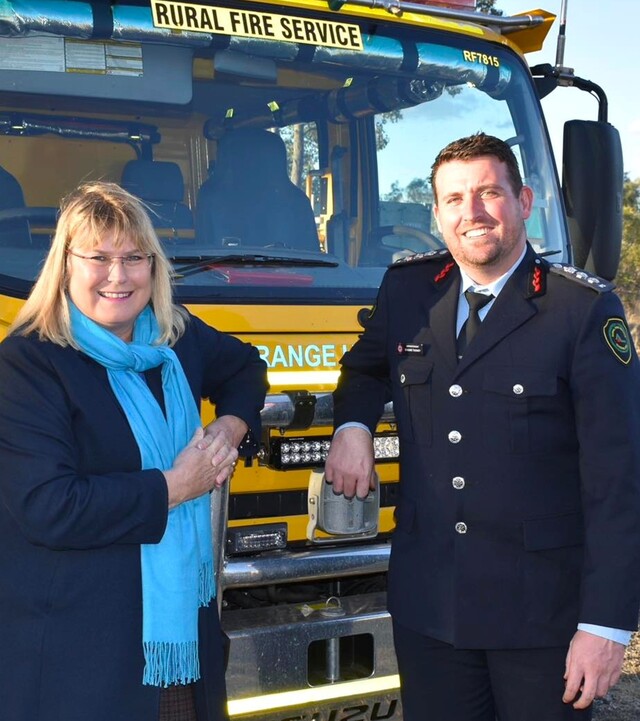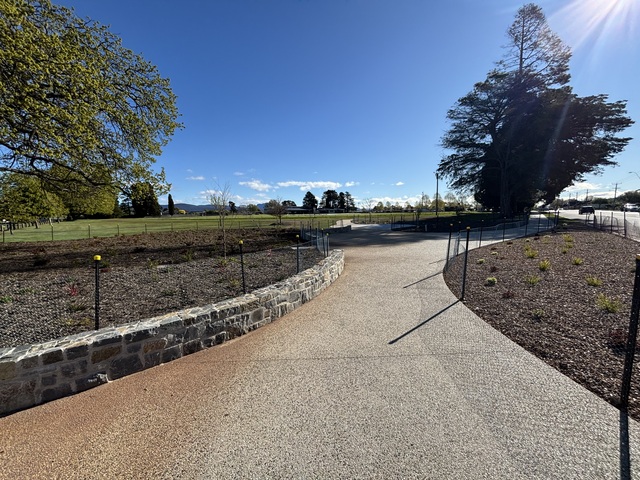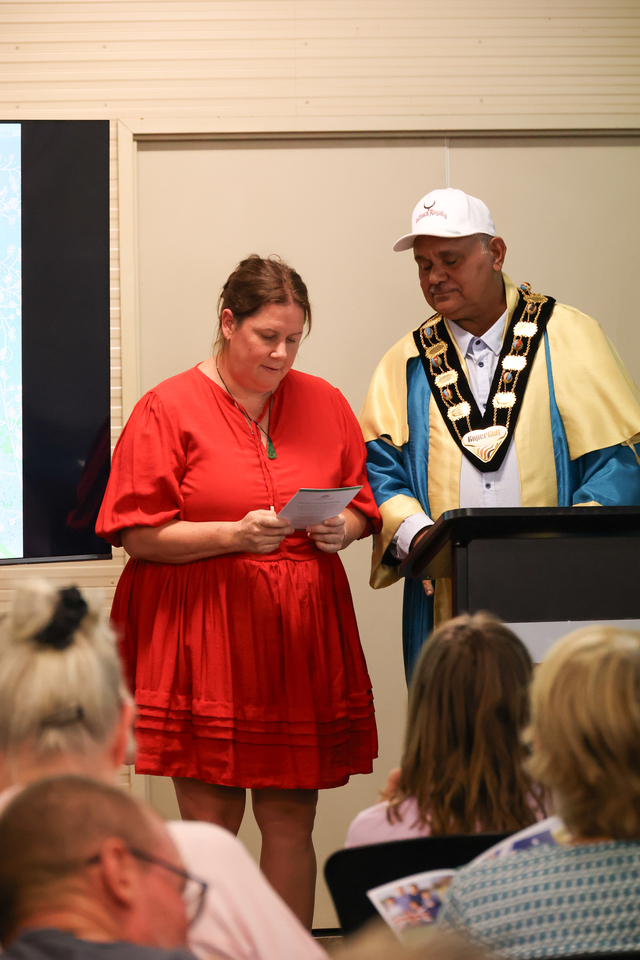Forget the commercial recycling machinery that makes sorting recycling from general waste easier, going back to basics and sorting solely by hand is paying dividends for one remote Northern Territory local government.
The resource recovery program at West Arnhem Shire Council, a shire that covers 7000km2 of remote, predominantly Aboriginal land west of Darwin, is unique not just because it’s the only one of its kind in the Territory.
The program is also an example of how small, remote local governments can overcome distance, isolation and limited infrastructure to maintain a viable resource recovery program.
Every month, Shire works staff from Jabiru sort through the general household rubbish pile at the local refuse station by hand, to recover all forms of recyclable materials, including aluminium cans, plastic bottles and cardboard.
The works crew also extract and stockpile larger materials, including car bodies, scrap metal, refrigerators, gas bottles, oil and copper wire.
These materials are then on-sold to recycling companies in Darwin, bringing in much needed revenue to the Shire.
The West Arnhem Shire program has won the Resource Recovery Award at the Northern Territory Tidy Towns Awards four times in the past five years.
West Arnhem Shire Council Jabiru Services Manager Ian Lindsay said that the Shire was setting an example, showing that similar programs can be achieved elsewhere in the Territory.
“Resource recovery is a core service here in Jabiru,” said Mr Lindsay.
“Every year we sort through the general waste in Jabiru to recover around four tonnes of aluminium cans and five tonnes of non-ferrous metals, along with plastic, bottles, batteries, air conditioners and gas bottles.
“Other shires are looking to us to see how they can recycle better,” said Mr Lindsay.
Recycling programs can also attract much needed revenue. Most remote shires in the Northern Territory only receive four to five percent of their revenue from rates and the rest through grants and subsidies.
In the 2011-12 financial year, sorting through the general waste by hand for aluminium cans alone earned an additional $15,000 in revenue for the Shire. This may not seem like much for larger metropolitan councils, but when you consider climatic conditions, distances, isolation and lack of infrastructure, it’s a useful amount.
While the program has been successful in Jabiru, getting the program running in the remaining towns in West Arnhem Shire has been slow progress. This is partly due to geographical restrictions, as the other, more remote communities, such as Maningrida and Gunbalanya, are cut off during the wetter months by flooded roads and are only serviceable by air or barge.
While Jabiru can be isolated during the wet season, it is connected to Darwin by a sealed highway built to service the nearby Ranger Uranium Mine.
Despite these setbacks, Keep Australia Beautiful Council Northern Territory CEO Heimo Schober, who organises the annual Tidy Town Awards, is keen to see similar programs expanded across other parts of the Territory.
“Although recovery of resources is not a core business for shires, it is a responsibility that the West Arnhem Shire Council takes seriously and operates with pride, through the efforts of Ian and his team.
“It is always a pleasure to be able to recognise and promote the work that many dedicated individuals and communities are undertaking to continuously improve the social and environmental developments within their own communities across the Territory,” said Mr Schober.







